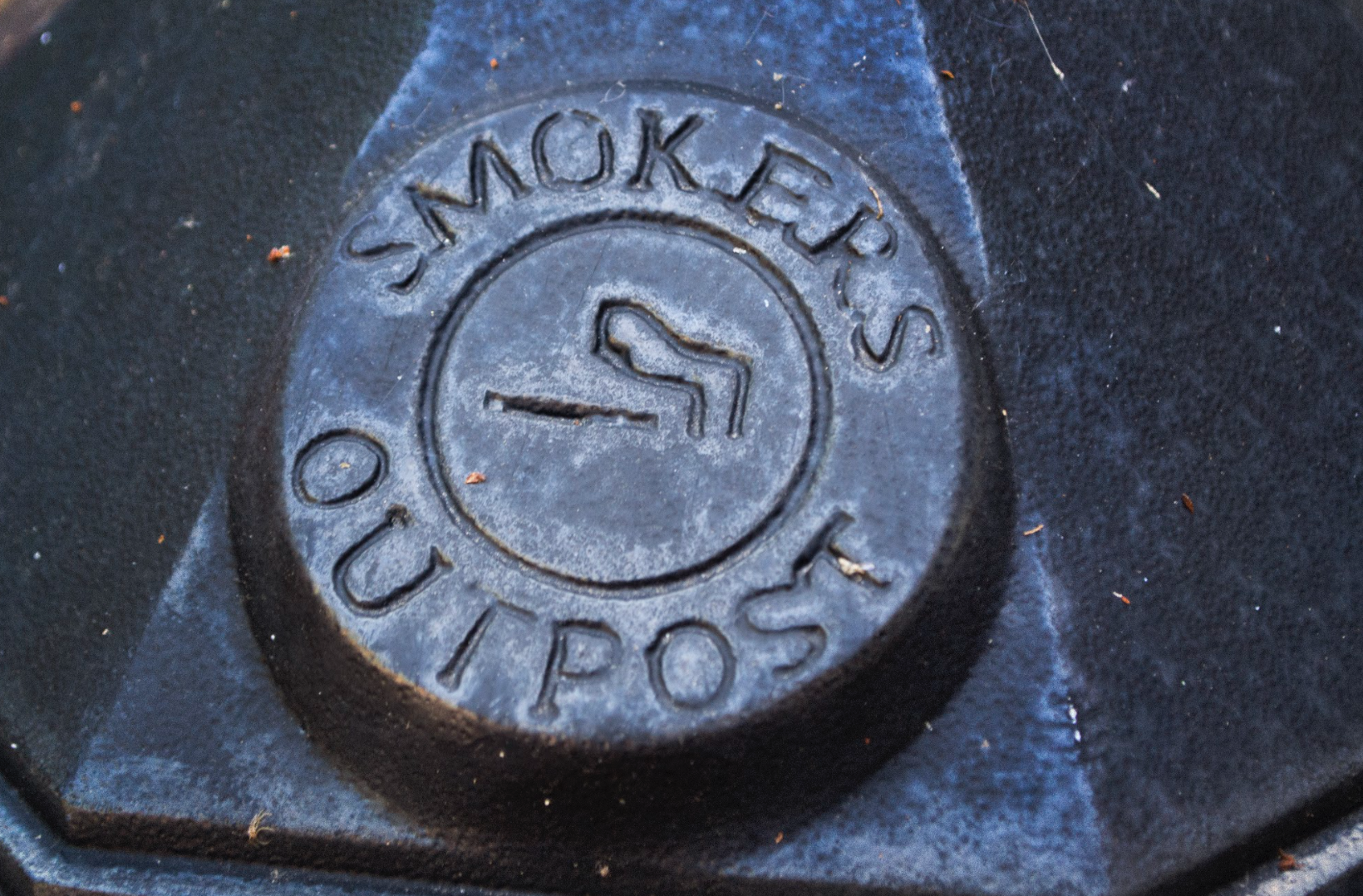Vice President of Student Life Connie Carson was cited in last week’s issue of the Paladin as saying, “Smoking doesn’t uphold the institutional values at Furman.” When I read this, I was not surprised—as a smoker at Furman I have received many glares and even wayward comments such as, “You know those kill you, right?”
These sorts of reactions should not be shocking. I come from Pauline, South Carolina, from a lower-middle class family living in the boondocks. The milquetoast roots many Furman students hail from likely did not encourage the admittedly unhealthy habit of smoking. This is where my concern stems: smoking is most commonly associated with working class people. In 2015, the Centers for Disease Control reported that 26.1% of individuals living below the poverty line smoke, whereas only 13.9% above do.
This statistic is reinforced if you simply look around campus. In my four years at Furman, I have met maybe ten students who consistently smoke cigarettes. Far more often you see the housing custodians, landscapers, or people working in construction smoking. This makes me curious as to what institutional values are being upheld by making Furman tobacco free. It obviously will not change much for students, but banning smoking may be a serious inconvenience for the people at Furman who take breaks from their labor intensive work.
Students like myself who grew up during the 90’s or later were far less exposed to the advertising campaigns of tobacco companies like Marlboro, so it makes some sense that we smoke less than older demographics. But given the already stringent rules about not smoking on balconies and not being within 25 feet of housing buildings while smoking, it seems unnecessary to reduce access to smokable areas even further.
Banning smoking would exacerbate an income gap between the community around us and our institution. Looking at gentrified areas like Traveler’s Rest next to Sans Souci is a geographical demonstration of this divide. In the Sans Souci area you will see far more advertisements for cigarettes and cigarette related products than you will in areas like Traveler’s Rest or downtown Greenville, barring electronic equivalents like vapes or e-cigarettes, which are far less common with lower income areas.
If Furman seeks to bridge the gap in such economic disparity, it seems that the move to ban tobacco products would ultimately be a step in the wrong direction. Despite the health hazards, the minimal risk to the environment coupled with the already minimal spaces allotted to smoking seem like more than enough reason to continue allowing students and faculty the privilege of continuing to smoke on campus. Furman is a liberal arts school, and with that moniker comes the agenda of free thought—and therefore members of the Furman community should have the autonomy to choose whether or not they want to smoke. When we discuss policy changes at Furman, it is imperative that we consider the whole community, not just those of us in the decision making process.

